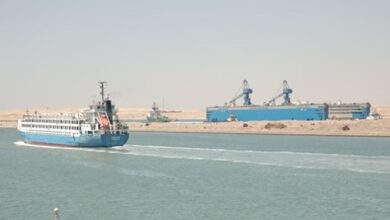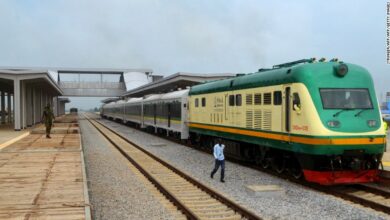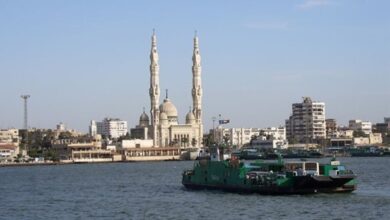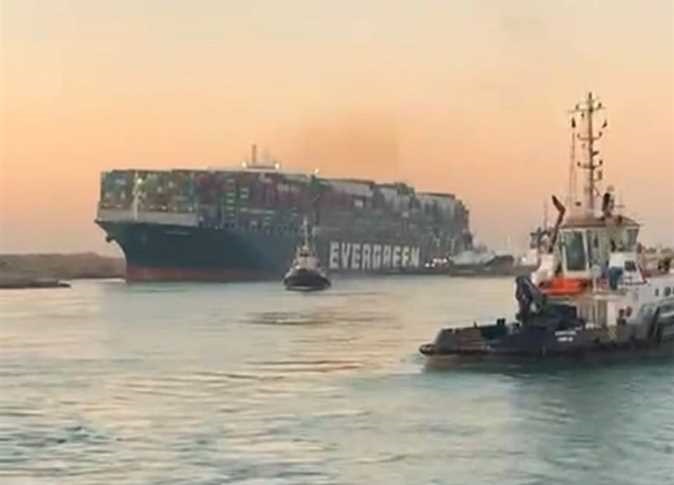
The Armed Forces have reportedly gained full control over key institutions in Port Said after a day of violent clashes between protesters and security forces killed at least 26 people.
Armed Forces spokesperson Ahmed Ali said that troops from the Second Field Army are controlling all the main areas around Port Said's main prison, where the defendants from the Port Said trial are being held.
In a post on the Armed Forces' official Facebook page, Ali added that the military has secured the main office of the Suez Canal Authority, the governorate administrative offices, the main banks, the court building and all of the city's main electricity and water stations.
Abdelrahman Farag, a senior official at the Minstry of Health in Port Said, told MENA earlier that the number of people killed in bloody clashes between security forces and protesters had reached 26, adding that the number was expected to rise because of the high number of injured people.
He added that some of the 277 injured people are in serious condition.
The clashes were sparked by the ruling in the Port Said trial sentencing to death 21 defendants accused of murdering 72 Ahly fans following a match last February. Protesters in Port Said angry with the verdict attacked the prison housing the defendants earlier Saturday, attempting to break them out.
Protesters overran the East Port Said Police Station after security forces abandoned it, and protesters were also reportedly attacking traffic control stations at intersections. Security sources said that police and security forces were attempting to stop protesters from breaking in the Port Said Public Hospital and the city's court.
Additionally, protesters also broke into the city's electric company's headquarters. Mahmoud Sabry, head of the electricity company, had warned that the attack could lead to governorate-wide power outages and further destabilize the security situation, and called on the military to restore security to the city.
Another police station was also reportedly set on fire, and the attackers looted its weapons.
Protesters also attacked the governorate's emergency and rescue station in an attempt to steal equipment from there and use it to break the defendants out of jail. A statement from the Interior Ministry also said that the housing unit for Central Security Forces personnel was set on fire.
Two football players were among those killed in the violence. Tamer al-Fahla, a former Al-Masry Club player, was shot during the protests, and Mohamed al-Dawzy, a player with Port Said's Marreekh Club, was also killed.
Some residents blocked Mohamed Ali Street, a major road that links Port Said to Cairo and Ismailia. Others blocked the gates of a major industrial complex in the city. Security forces fired volley after volley of tear gas, attempting to disperse protesters.
Protesters also set fire to vehicles belonging to State TV and the satellite channel CBC as their journalists were covering the protests outside the prison.
Police forces were deployed throughout the city and closed off its entrances, witnesses reported.
The violent protests in Port Said were one of several to shake cities along the Suez Canal. Troops were deployed in the streets of the city of Suez in the early morning hours of Saturday after seven protesters were killed, along with one soldier, during protests marking the second anniversary of the 25 January revolution.
Despite the protests, a Suez Canal official said that ship traffic was normal Saturday. Tarek Hassanein, spokesperson for the Suez Canal Authority, told Reuters that 44 shops had accessed the canal so far.




